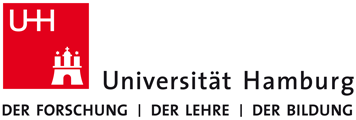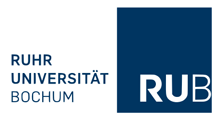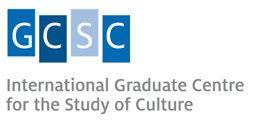Museum objects
Artefacts for museums and archives
If you have analog objects that you would like to donate to a museum, our partners may be interested. Please take note of the focus of their respective collections and get in touch with them.
Call for submissions
A bottle of disinfectant at the Museum of Medical History is a memento of the 1892 cholera epidemic, the last major epidemic in Europe. Unfortunately, the glass bottle is empty.
Today, the fight against Covid-19 has taken over our daily lives. A hundred years from now, which objects and documents will best tell the story of our current crisis?
Whether it be warnings, schedules, signs requesting that customers observe social distancing, children’s drawings of viruses, self-made masks, touching letters from school teachers to their classes—keep them! We can show these objects, pictures, and documents in our exhibition after the “corona era” is finally over.
We look forward to seeing your photos of these objects, with a short description and your explanation of why they are representative of the coronavirus crisis.
Email: medizinhistorisches-museum@uke.de.
Stay healthy and, if at all possible, stay at home!
Best, your Museum of Medical History
Call for submissions
How has the pandemic affected work? The Museum of Work is putting together a collection on ways in which the coronavirus pandemic transformed work processes. What can be considered systemically relevant, what isn’t? How has the coronavirus crisis revealed gender inequalities? How have we dealt with unemployment and the lack of work? What are the effects of digital transformation processes on individual work contexts? What new tasks and professions have developed? What does the future of work look like in the transition period? What particular limitations have become evident for older people, BIPOC, people with handicaps, LGBTQIA+, refugees, and marginalized groups? What work-related solidarity networks and support structures have developed as a result of the pandemic?
What research, stories, objects, documents, or reports do you think are good examples of these areas? Which people should we listen to about them? What artistic strategies would be especially appropriate for these questions?
The Museum of Work looks forward to receiving your suggestions (via email, please send a photo and a short description—no more than 1 page—about the object’s relevance). We may use your submissions for our collection, future exhibitions, or events. Please be advised that we must check the feasibility of your suggestions. We would be pleased to receive requests to collaborate on exhibitions or events.
Contact: info@mda.shmh.de
Call for submissions
The outbreak of the cholera epidemic in 1892 changed the face of Hamburg forever. Entire sections of the city were razed or reconstructed in order to ensure that residences met the hygienic standards of the time.
The current coronavirus pandemic is also changing Hamburg. How will we look back on this time in a few years, a few decades or a few centuries? What areas of our everyday lives does the pandemic currently affect, and what will its longterm effects be?
Help us record what’s happening in the city—with objects, documents, photos, and stories.
Contact: soenke.knopp@mhg.shmh.de
Call for submissions
How has the coronavirus crisis affected your everyday life? What have you observed and experienced? Your photos, documents, and stories will shape the way we look back on this extraordinary time.
Please give us your support! But please do so socially distanced and from home. Don’t endanger yourselves or others. And please be considerate of other people’s boundaries and their privacy rights if you take photos of them.
You can address inquiries about analog documents, such as diaries or written reports, directly to the Kreisarchiv Heilbronn. For objects such as homemade masks, please contact your local museums first.
Thank you, your Kreisarchiv Heilbronn



